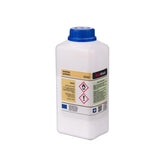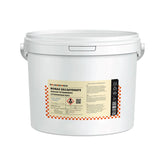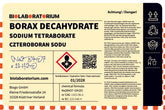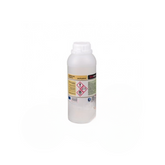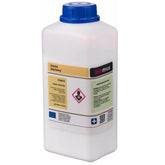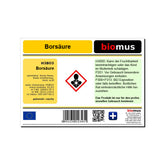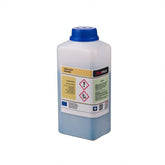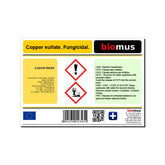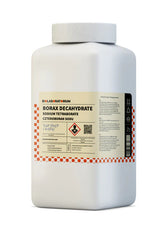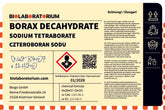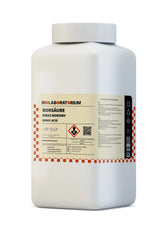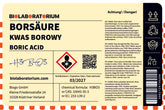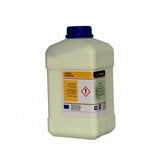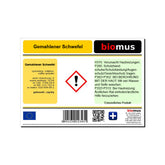Sorbitol – Versatile Use in Industry and Everyday Life
Sorbit, also known as D-glucitol, is an important component of many products we use daily. As a sugar alcohol, sorbitol is widely used in the food, cosmetics, and pharmaceutical industries. In this blog post, we explore the properties, technical applications, and safety aspects of sorbitol.
What is Sorbitol?
Sorbitol is a naturally occurring sugar alcohol derived from glucose. It has a similar sweetness to sucrose but a significantly lower glycemic index. Therefore, sorbitol is often used as a sugar substitute in low-calorie or sugar-free products.
In addition to its use as a sweetener, sorbitol also possesses other useful properties. It is a humectant, plasticizer, and solubility enhancer. These properties make sorbitol a versatile raw material in various industries.
Technical Applications of Sorbitol
Food Industry
In the food industry, sorbitol is a widely used additive. As a sugar substitute, it is used in sugar-free or low-calorie products such as chewing gum, candies, ice cream, and baked goods. Furthermore, sorbitol serves as a humectant to keep food products fresh longer.
Cosmetics Industry
Sorbitol also plays an important role in cosmetic products. It is used as a humectant in creams, lotions, and serums to keep the skin supple and hydrated. Additionally, it functions as a solubility enhancer for other ingredients.
Pharmaceutical Industry
In the pharmaceutical industry, sorbitol has diverse applications. It is used as a filler in tablets and capsules to improve the consistency and stability of the preparations. Furthermore, it serves as a solubility enhancer for active ingredients and as a humectant in ointments and gels.
Technical Industry
Sorbitol also plays an important role in technical applications. It is used as a plasticizer in plastics to increase their flexibility and impact resistance. Additionally, it is used as an antifreeze in cooling systems.
Safety and Regulation
Sorbitol is a safe and well-tolerated raw material that is approved as a food additive in many countries. The European Union has classified sorbitol as food additive E 420 and approved it for use in food products.
However, excessive consumption of sorbitol-rich products can cause digestive issues such as bloating, diarrhea, or abdominal pain. Therefore, it is advisable to enjoy sorbitol-containing products in moderation.
For most applications in industry and everyday life, sorbitol is a safe and well-tolerated raw material. Due to its diverse properties and applications, sorbitol has established itself as an indispensable component of modern products.
Conclusion
Sorbit is a versatile sugar alcohol with numerous applications in the food, cosmetics, and pharmaceutical industries, as well as in technical products. Its properties as a sweetener, humectant, plasticizer, and solubility enhancer make sorbitol a valuable raw material. Due to its good tolerability and safety, sorbitol has become indispensable in many everyday products.
